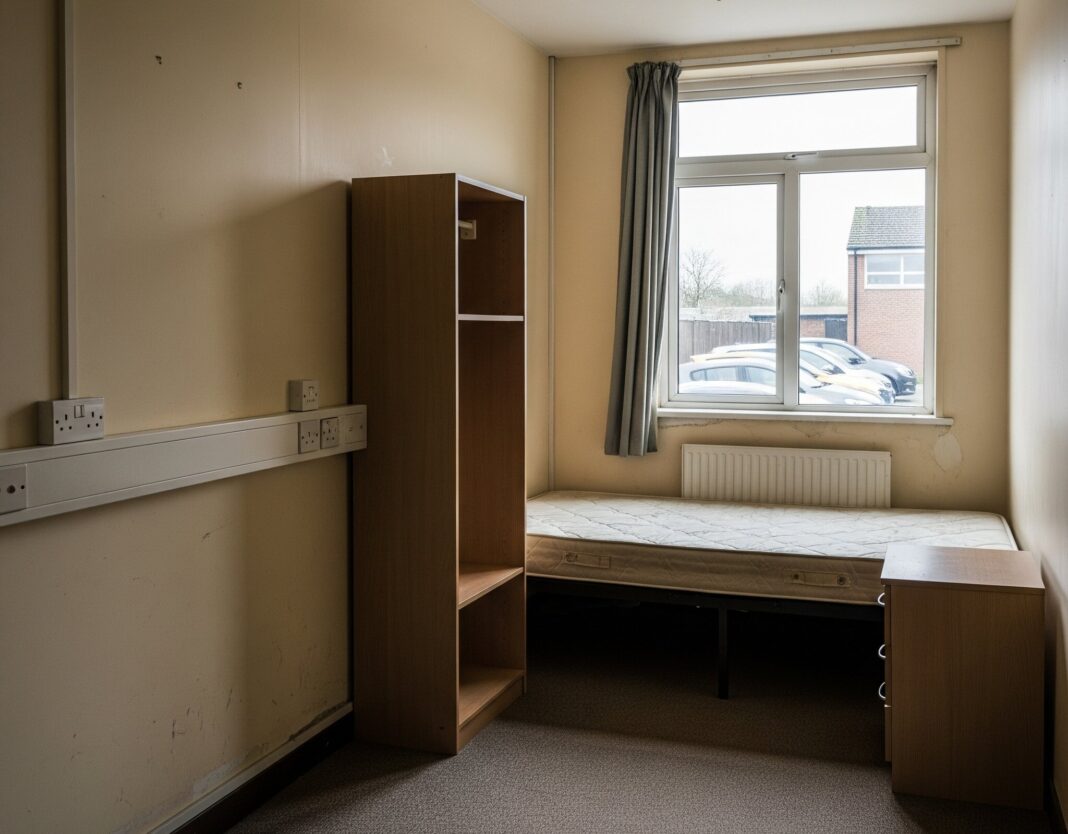The UK’s housing crisis is intensifying, with record numbers of families living in temporary accommodation, a collapse in social housing delivery, and a growing gap between housing benefits and actual rents, according to new analysis from the Resolution Foundation.
Launching a new suite of 12 indicators to monitor how housing trends affect household living standards, the think tank paints a stark picture of deepening stress across the housing system, particularly for younger and lower-income households.
The number of households in temporary accommodation in England has reached 128,000, the highest on record – up 160 per cent since 2010 – with more than half located in London.
In boroughs such as Newham, one in ten children is now growing up in temporary housing, where poor conditions and instability can significantly harm educational outcomes.
SOCIAL HOUSING DECLINE
One key driver, the Foundation notes, is the sharp decline in social rent housing, which now makes up just 16 per cent of affordable homes built in 2023–24, down from 87 per cent in 1992–93. If the earlier rate had continued, there would be over 600,000 more social homes in England today.
The Government has pledged to build 1.5 million new homes over the life of this Parliament and to allocate 60% of future affordable housing funding to social rent – a welcome move, the Foundation says, though it warns this will not reverse years of underinvestment overnight.
BENEFIT SYSTEM UNDER STRAIN
The housing benefit system is also under strain. Nearly half (48%) of privately renting families on Universal Credit do not have their full housing costs covered by Local Housing Allowance (LHA).
Rent inflation has significantly outpaced frozen LHA rates, with shortfalls as high as £60 a week in inner London, pushing more families towards homelessness.
Meanwhile, the outlook for new housing supply is bleak. Planning approvals in England hit a record low in Q4 2024, with just 7,356 permissions granted – the lowest figure since 1979.
Although the Government is banking on planning reform to unlock new development, the Office for Budget Responsibility has warned the current pace of approvals makes the 1.5 million target unlikely.
TRANSPARENT INSIGHTS
The Resolution Foundation’s new tracking tool aims to provide policymakers, researchers and the public with regular, transparent insights into housing affordability, supply, quality, and welfare support across the UK.

Camron Aref-Adib, researcher at the Foundation, says: “If the Government is serious about improving living standards, housing has to be front and centre.
“That means fixing the supply pipeline, repairing the welfare safety net, and reversing the erosion of social housing.”








